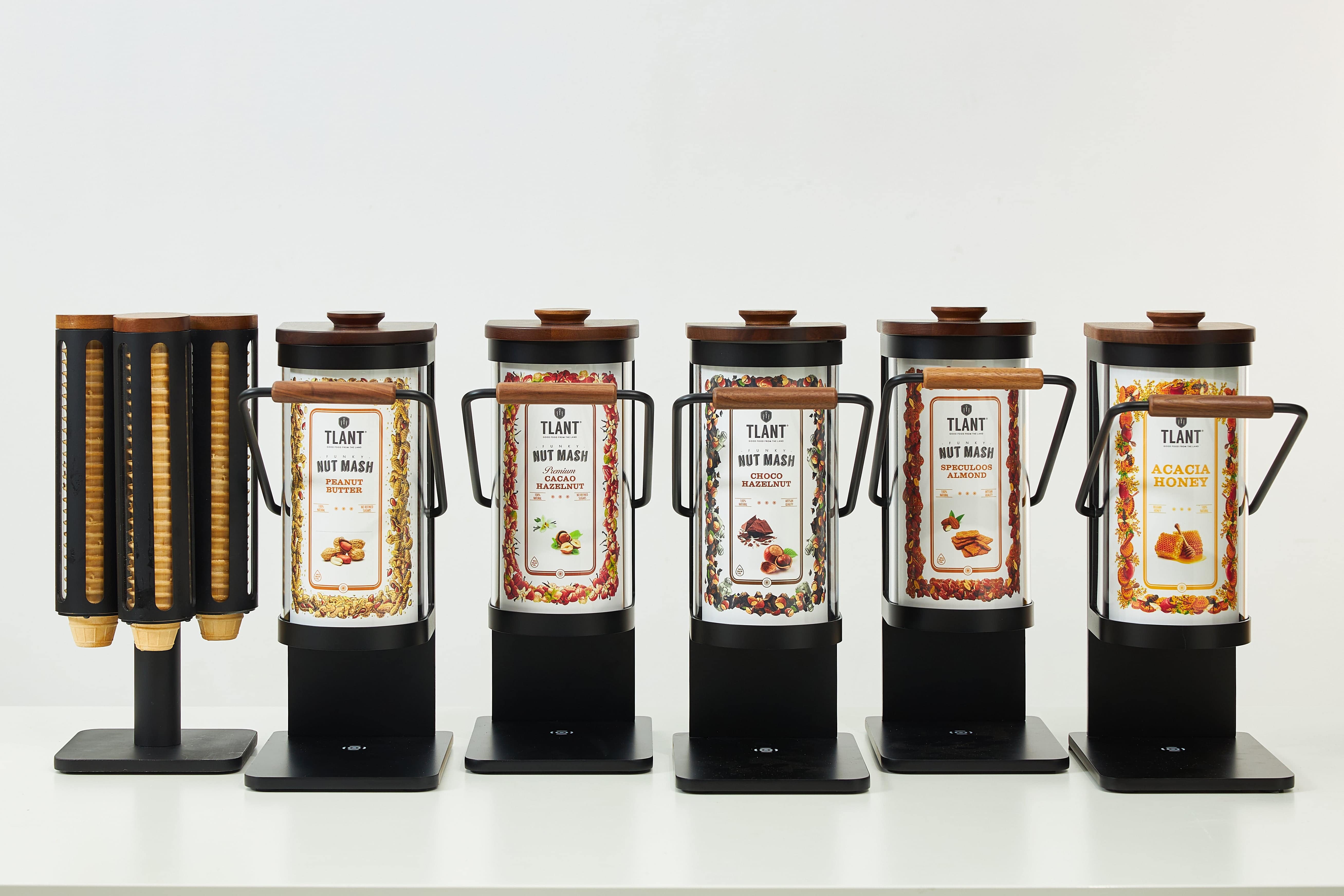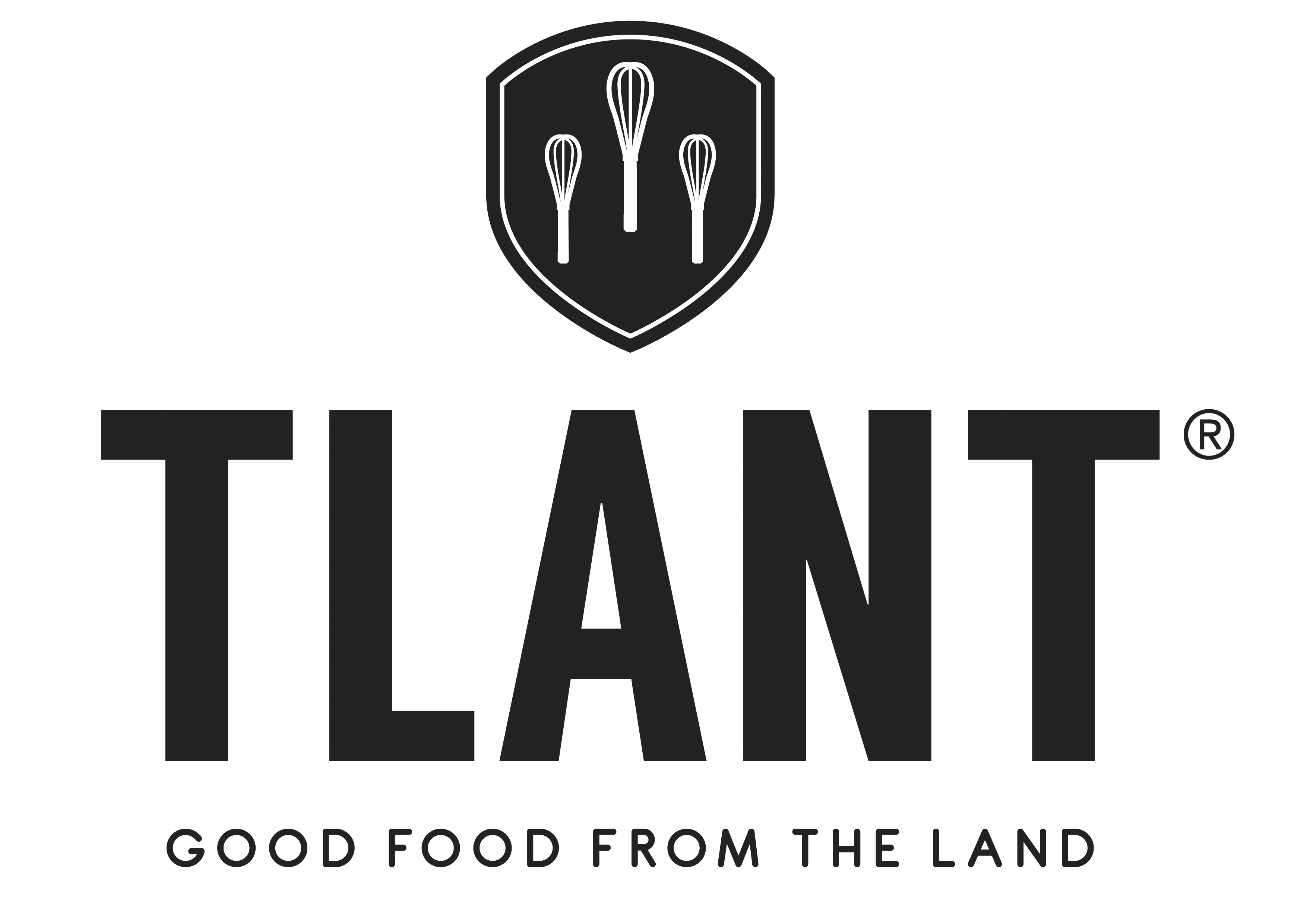

TLANT

North Brabant, Netherlands The
February 2024
Food products
Wholesale/Retail
Belgium,
France,
Germany,
Luxembourg,
Netherlands The,
Spain
When thinking of a memorable hotel experience, breakfast might not often come to mind. However, it's frequently the unsung hero that kickstarts every traveler's day. Welcome to TLANT, a company with a profound affection for the hotel industry. In 2016, TLANT embarked on a journey, not to work IN hotels but to work WITH them. This decision was driven by a noticeable gap: the repetitive and often uninspiring breakfast buffets encountered worldwide. With TLANT, the mission was crystallized – to inject creativity, sustainability, and excitement into the hotel breakfast experience. How is this achieved? TLANT offers not just wholesome, trendy breakfast products but also a unique service called Buffet Coaching. Buffet Coaches do more than assist with sustainability or operations; they revolutionize the entire breakfast experience, elevating it to become a hallmark of a guest's stay. Having collaborated with over 1,000 hotels across Europe, TLANT has witnessed the transformative power of a well-conceived breakfast. It's an experience they are eager for others to discover and enjoy.
Overall B Impact Score
Governance 15.0
Governance evaluates a company's overall mission, engagement around its social/environmental impact, ethics, and transparency. This section also evaluates the ability of a company to protect their mission and formally consider stakeholders in decision making through their corporate structure (e.g. benefit corporation) or corporate governing documents.
What is this? A company with an Impact Business Model is intentionally designed to create a specific positive outcome for one of its stakeholders - such as workers, community, environment, or customers.
Workers 25.4
Workers evaluates a company’s contributions to its employees’ financial security, health & safety, wellness, career development, and engagement & satisfaction. In addition, this section recognizes business models designed to benefit workers, such as companies that are at least 40% owned by non-executive employees and those that have workforce development programs to support individuals with barriers to employment.
Community 17.2
Community evaluates a company’s engagement with and impact on the communities in which it operates, hires from, and sources from. Topics include diversity, equity & inclusion, economic impact, civic engagement, charitable giving, and supply chain management. In addition, this section recognizes business models that are designed to address specific community-oriented problems, such as poverty alleviation through fair trade sourcing or distribution via microenterprises, producer cooperative models, locally focused economic development, and formal charitable giving commitments.
Environment 43.1
Environment evaluates a company’s overall environmental management practices as well as its impact on the air, climate, water, land, and biodiversity. This includes the direct impact of a company’s operations and, when applicable its supply chain and distribution channels. This section also recognizes companies with environmentally innovative production processes and those that sell products or services that have a positive environmental impact. Some examples might include products and services that create renewable energy, reduce consumption or waste, conserve land or wildlife, provide less toxic alternatives to the market, or educate people about environmental problems.
What is this? A company with an Impact Business Model is intentionally designed to create a specific positive outcome for one of its stakeholders - such as workers, community, environment, or customers.
Customers 2.1
Customers evaluates a company’s stewardship of its customers through the quality of its products and services, ethical marketing, data privacy and security, and feedback channels. In addition, this section recognizes products or services that are designed to address a particular social problem for or through its customers, such as health or educational products, arts & media products, serving underserved customers/clients, and services that improve the social impact of other businesses or organizations.